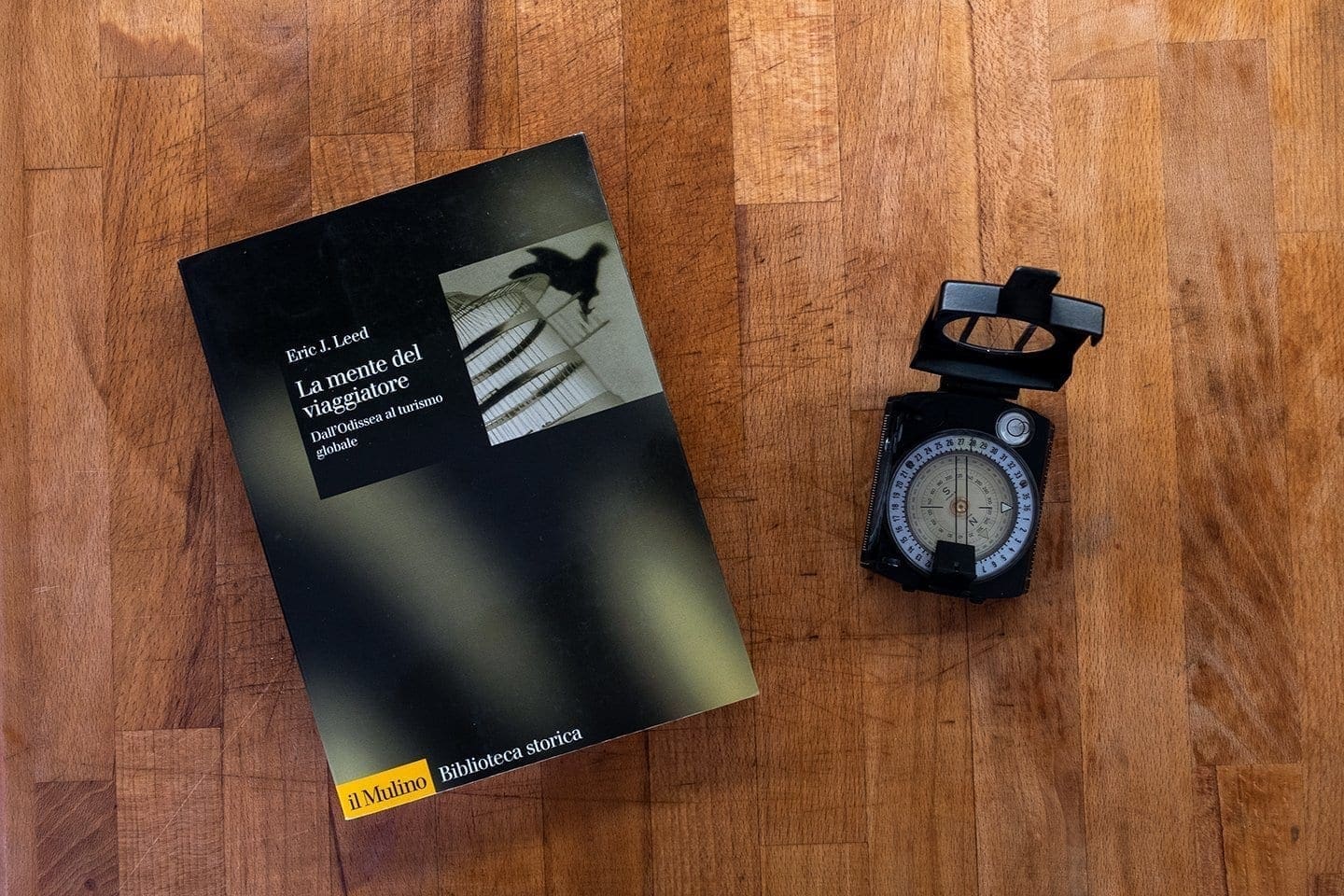Why, for as long as we can remember, do we travel? We are not just talking about tourism, a recent phenomenon and a privilege of a small part of humanity. We are talking about that need that takes over a person to push them beyond their boundaries and sometimes their limits.
This is the question Eric J. Leed tries to answer in the book “La mente del viaggiatore. Dall’Odissea al turismo globale ” (Basic Books, 1991).
Leed begins his book with a history of travel. Travel understood as a force capable of changing the course of history, as a movement in space capable of shaping the human soul. He starts from the wanderings of the hero Gilgamesh and the valiant Odysseus to modern migrations and mass tourism; passing through the loneliness of medieval knights, the philosophical journey, the journey of discovery and the scientific journey, the freedom of wandering of the Romantics, and Jack Kerouac‘s need to get back on the road.
He then continues with an analysis of the structure of the journey. Departure, transit, and arrival are the cornerstones of all travel, in every age.
Departure is often experienced as trauma and loss of identity. It is perceived negatively or positively depending on the historical period and the reasons that drive the individual out of their comfort zone. Because, eventually, leaving is breaking that invisible barrier that binds us to a place and defines us as people in that place.
Transit is growth, change, defining one’s identity. Those who leave and those who arrive are seldom the same person.
Arrival… arrival is not a moment, it is not the end but it is a process that lasts over time.
The book is filled with stories of individuals who set out on the road for various reasons and in which to find inspiration. But it also speaks of entire travelling societies. And, towards the end, the traveller’s spirit comes into play.
For those who are still wondering whether or not this book contains the answer to the initial question ‘Why do we travel?‘, Leed concludes his research with this sentence:



